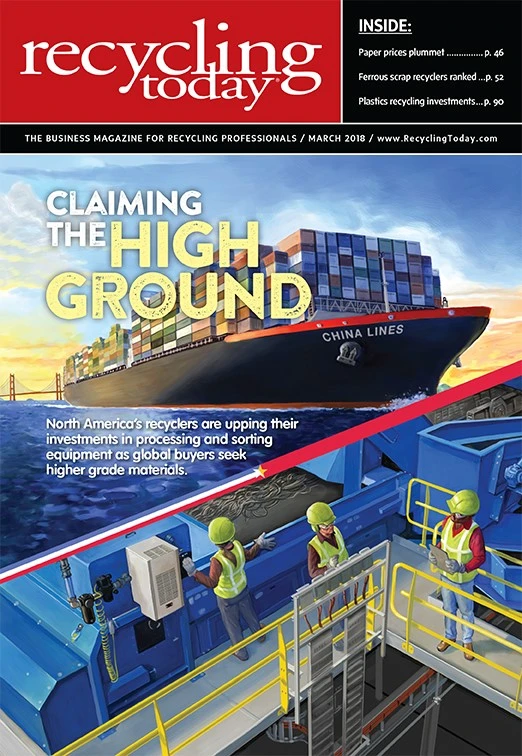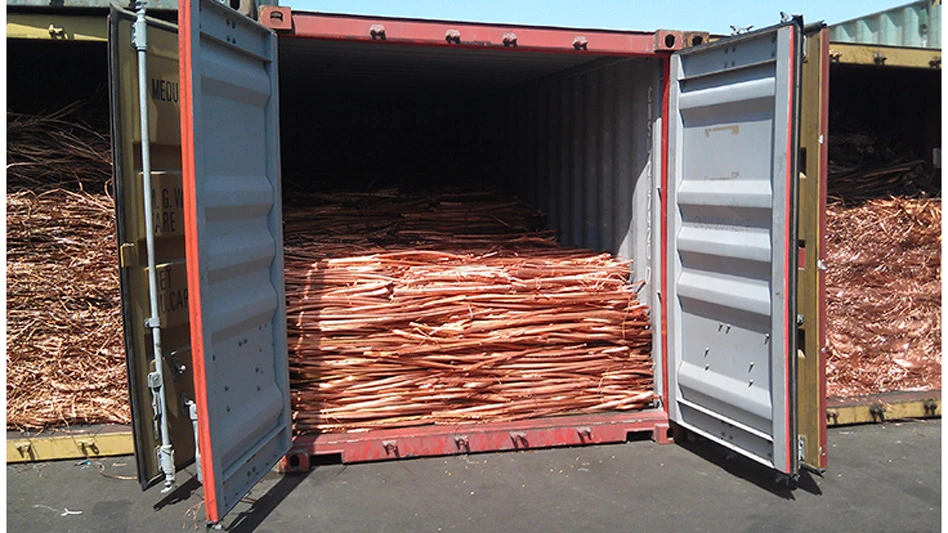

1. How do I properly and safely size a magnet to optimize the capabilities of my crane?
Using the lift charts for your crane, determine the lift capacity when the boom is fully extended over the side at ground level. Then subtract the weight of the magnet as well as the maximum weight of the (scrap) material you are lifting. If the combined weight is less than the crane capacity, you will be operating safely.
2. How do I properly size a magnet to a controller/generator?
If the cold amps of your magnet are less than the cold amp rating of your controller, you are sized correctly and safely.
For your generator, multiply the volts by cold amps and you will get a kilowatt (kW) rating. This number must be below the kW rating of your generator.
3. What is duty cycle and how does it affect the performance of my magnet?
Duty cycle is simply time on versus time off. Duty cycle is generally measured in 10-minute intervals, so for a 50% duty cycle magnet, every five minutes the magnet is operating it should be off for five minutes. For a 75% duty cycle magnet, the magnet can be operated approximately seven minutes out of every 10. Exceeding the duty cycle will have a negative impact on the productivity and life of the magnet.
4. What are the main causes of magnet failures and are there tests that I can run to determine its electrical condition?
The main causes of magnet failures are heat and abuse. These two items can have a domino effect and cause a magnet to fail prematurely. Any time a magnet is not allowed to cool and dissipate the heat generated by the coil, it can cause premature magnet failure. Any mechanical abuse may also contribute.
You can test the resistance with an ohm meter and compare with the nameplate data to determine the integrity/condition of the conductor.
Additionally, take aThese two field tests will give you a pretty good indication of what is happening inside the magnet.
5. Are there any keys to extending magnet life?
There are actions that can be taken to extend magnet life.
Two key components are operator training programs to help crane operators understand the consequences of mishandling/abusing a magnet, as well as developing and maintaining a consistent magnet inspection program.
Operators are the front-line defense in preventing premature magnet failures, and if they truly understand the potential consequences of mishandling a magnet, as a scrap processor, they can be your best asset in extending service life.
Consistent and systematic inspection programs for magnets are keys in identifying a magnet that is in the early stages of failure.

Explore the March 2018 Issue
Check out more from this issue and find your next story to read.
Latest from Recycling Today
- USTR announces phased measures designed to address China’s shipbuilding dominance
- APR, RecyClass release partnership progress report
- Clearpoint Recycling, Enviroo sign PET supply contract
- Invista expanding ISCC Plus certification program
- Redwood partnership targets recycling of medium-format batteries
- Enfinite forms Hazardous & Specialty Waste Management Council
- Combined DRS, EPR legislation introduced in Rhode Island
- Eureka Recycling starts up newly upgraded MRF





